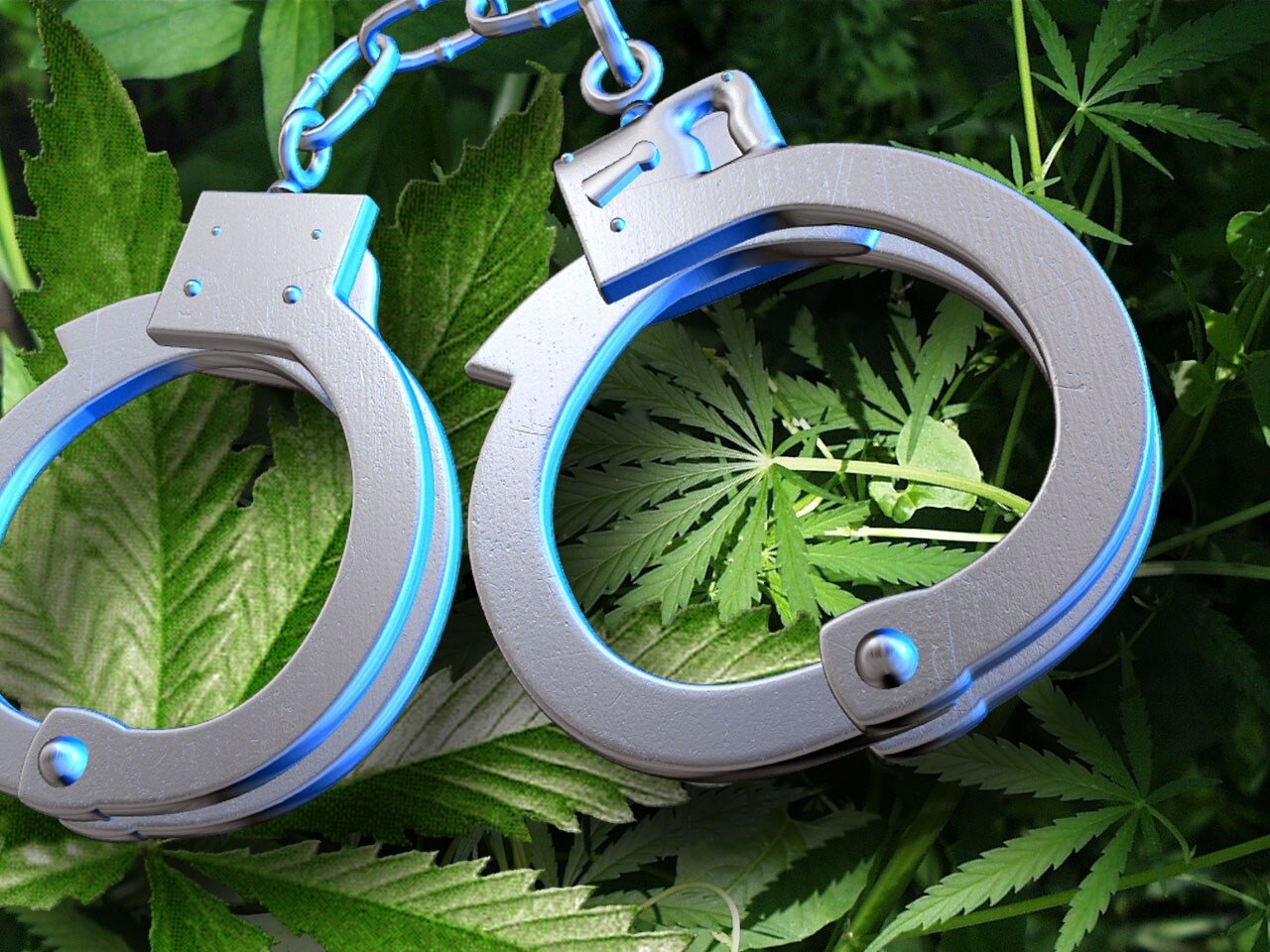
State laws reducing minor marijuana possession offenses from criminal to civil violations (aka decriminalization) are associated with dramatic reductions in drug-related arrests, and are not linked to any uptick in youth cannabis use, according to data published by researchers at Washington University and the National Bureau of Economic Research.
Investigators examined the associations between cannabis decriminalization and both arrests and youth cannabis use in five states that passed decriminalization measures between the years 2008 and 2014: Massachusetts (decriminalized in 2008), Connecticut (2011), Rhode Island (2013), Vermont (2013), and Maryland (2014).
Data on cannabis use were obtained from state Youth Risk Behavior Survey (YRBS) surveys; arrest data were obtained from federal crime statistics.
Authors reported:
“Decriminalization of cannabis in five states between the years 2009 and 2014 was associated with large and immediate decreases in drug-related arrests for both youth and adults. … The sharp drop in arrest rates suggests that implementation of these policies likely changed police behavior as intended.”
They further reported:
“Decriminalization was not associated with increased cannabis use either in aggregate or in any of the five states analyzed separately, nor did we see any delayed effects in a lag analysis, which allowed for the possibility of a two-year (one period) delay in policy impact. In fact, the lag analysis suggested a potential protective effect of decriminalization.” In two of the five states assessed, Rhode Island and Vermont, researchers determined that the prevalence of youth cannabis use declined following the enactment of decriminalization.
Investigators concluded:
“[I]mplementation of cannabis decriminalization likely leads to a large decrease in the number of arrests among youth (as well as adults) and we see no evidence of increases in youth cannabis use. On the contrary, cannabis use rates declined after decriminalization, though further study is needed to determine if these associations are causal. These findings are consistent with the interpretation that decriminalization policies likely succeed with respect to their intended effects and that their short-term unintended consequences are minimal.”
Thirteen states currently impose either partial or full decriminalization. Nine additional states have subsequently moved to fully legalize the use of marijuana by adults.
Full text of the study, “Cannabis decriminalization: A study of recent policy change in five states,” is available online here.
Additional fact-sheets regarding the societal impacts of decriminalization policies are available from the NORML website here.
Tags: adolescents, decriminalization, marijuana decriminalization, National Bureau of Economic Research, youth use



